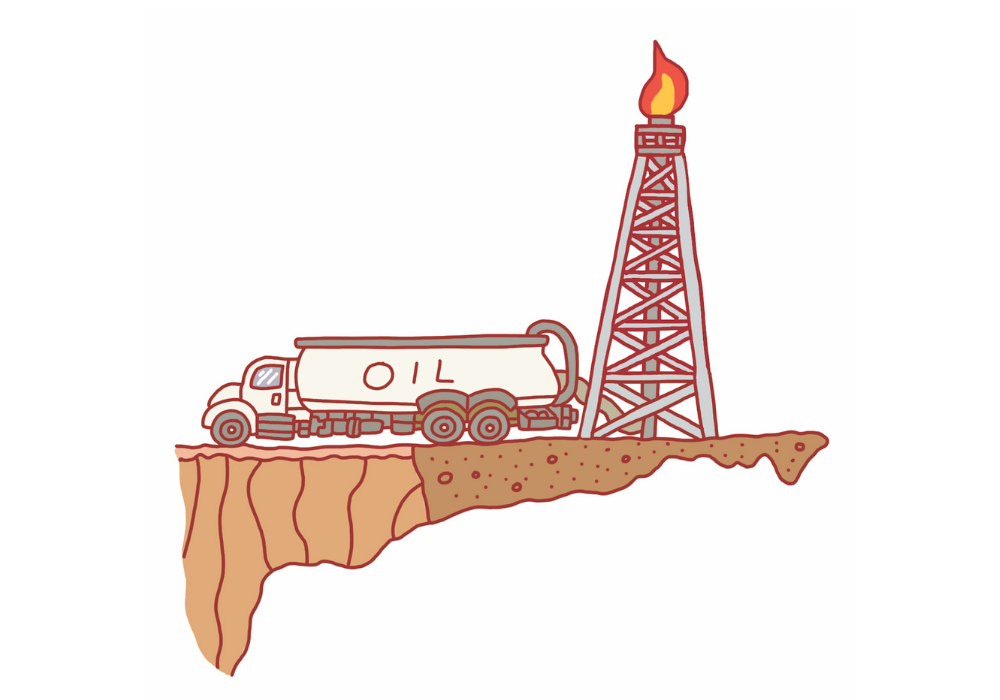It was 1973 when German insurance firm Munich Re began sounding the alarm on climate change. By 2015, Henri de Castries, then-CEO of French insurance firm Axa, said it wouldn’t be possible to insure a world that is 4°C warmer. That year, Axa became the first major insurer to divest from coal.
Since then, insurers have led the way in calling out the risks of flooding, wildfires and other symptoms of a broken world. So you might expect that global insurers, experts in managing risks, would be out front in protecting people and property from climate-related disasters and shunning the industries that poison our planet.
Turns out many insurers are still helping fossil fuel companies boost production by underwriting new projects and investing in oil and gas. At the same time, some are hiking premiums or backing away from coverage of high-risk properties. Canadian home insurance premiums are expected to rise more than 7% in 2024, according to MyChoice.ca, and the average cost of home insurance in Florida is expected to reach almost US$12,000 this year. In France, up to 2,000 towns were recently left uninsured as insurance companies terminated contracts in response to rising storm damage costs.
“Insurance companies prefer to pass on the costs of the climate crisis to communities and individuals, rather than make those responsible (fossil fuel companies) pay,” wrote London-based Insure Our Future (IOF). This spring, the organization called on Axa to stop insuring export terminals for LNG (liquefied natural gas). For the last seven years, IOF has ranked the top 10 insurance firms supporting fossil fuel development.
“If insurance companies took climate science seriously, they would fully align their underwriting and investment strategies with a credible 1.5°C pathway,” said Peter Bosshard, the outgoing head of IOF. “They would be suing fossil fuel companies, to make polluters pay for the growing costs of climate disasters and keep insurance affordable for climate-affected communities.”
If insurance companies took climate science seriously, they would fully align their underwriting and investment strategies with a credible 1.5°C pathway.
–Peter Bosshard, Insure our Future
Sixth on the list of the world’s biggest fossil fuel underwriters is Canadian insurer Fairfax Financial, estimated to have earned US$600 million from oil and gas companies in 2022. Founded by Toronto billionaire Prem Watsa, Fairfax acknowledges climate change as an ongoing business risk – but its 2023 annual report notes that property reinsurers “enjoyed another year of meaningful rate increases.”
Fairfax’s business-as-usual attitude is underscored by the fact that it increased its ownership of Dallas-based oil firm Exco Resources to 49%, up from 44% a year ago. Fairfax’s 2023 report boasts that Exco “did plenty of drilling” in 2023 – boosting its oil reserves by more than twice as much as it extracted through production.
No one expects the insurance industry to solve climate change on its own. But it can start by not making things worse.







